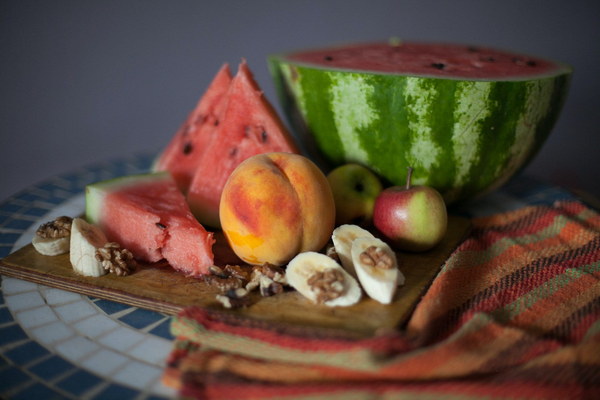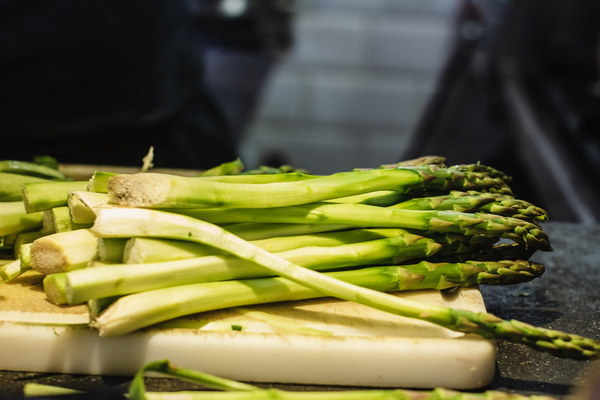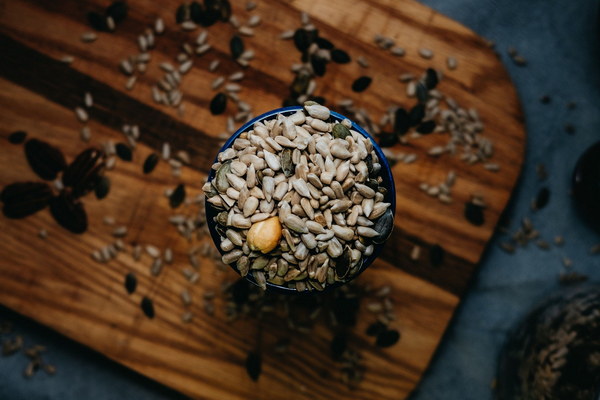Moringa Leaves A Natural Remedy for Excessive Dampness in Chinese Medicine
In the realm of traditional Chinese medicine, the concept of dampness refers to a condition where excess moisture in the body disrupts the normal functioning of organs and tissues. This imbalance can lead to a variety of symptoms, such as fatigue, weight gain, and digestive issues. One natural remedy that has gained popularity for addressing dampness is the consumption of moringa leaves, also known as goji or wolfberry in Chinese. Let's delve into how moringa leaves can help alleviate dampness and promote overall health.
Understanding Dampness in Chinese Medicine
Dampness is believed to originate from an excess of fluid in the body, which can be caused by a variety of factors, including poor diet, environmental influences, and internal imbalances. It is considered one of the seven pathogenic factors in Chinese medicine, alongside wind, cold, heat, fire, dryness, and summer heat.
When dampness accumulates in the body, it can manifest in several ways:
- Fatigue: A persistent feeling of tiredness and lack of energy.
- Weight Gain: Unexplained weight gain, especially around the abdomen.
- Digestive Issues: Diarrhea, bloating, and poor appetite.

- Joint Pain: Stiffness and discomfort in the joints.
- Mood Swings: Irritability and mood swings due to liver dampness.
The Power of Moringa Leaves
Moringa leaves, with their rich nutritional profile, have been used in traditional medicine for centuries. They are believed to have natural diuretic properties, which can help to eliminate excess fluid from the body, thereby reducing dampness. Here are some key benefits of moringa leaves in the context of dampness:
1. Diuretic Properties: Moringa leaves contain compounds that act as natural diuretics, helping to increase urine production and expel excess fluid from the body.
2. Nutritional Support: They are packed with essential nutrients, including vitamins A, C, E, and K, as well as minerals like calcium, iron, and potassium, which are important for maintaining fluid balance and overall health.
3. Antioxidant Protection: The high levels of antioxidants in moringa leaves can help combat oxidative stress, which is believed to play a role in dampness-related conditions.
4. Digestive Health: Moringa leaves have been traditionally used to improve digestion, which can help alleviate some of the symptoms associated with dampness, such as bloating and poor appetite.
How to Incorporate Moringa Leaves into Your Diet
If you're looking to incorporate moringa leaves into your diet to address dampness, here are some ideas:
- Moringa Leaf Tea: Brew a cup of tea using dried moringa leaves. This is a simple and effective way to enjoy the benefits of moringa leaves.
- Salads: Add fresh moringa leaves to salads for a nutritional boost.
- Stews and Soups: Include moringa leaves in stews and soups for a healthy addition to your meal.
- Smoothies: Blend moringa leaves with fruits and vegetables to create a nutritious smoothie.
Conclusion
While moringa leaves are a natural remedy that may help alleviate dampness in traditional Chinese medicine, it's important to remember that they are not a substitute for professional medical advice. If you suspect you have a dampness imbalance, it's best to consult with a qualified healthcare provider. Incorporating moringa leaves into a balanced diet, however, can be a healthy addition to your overall wellness routine.









